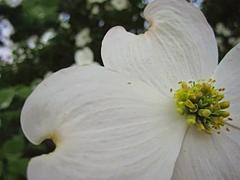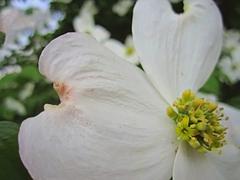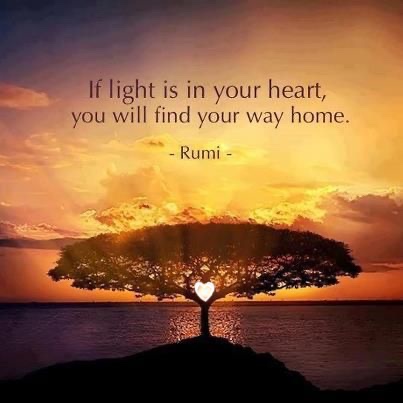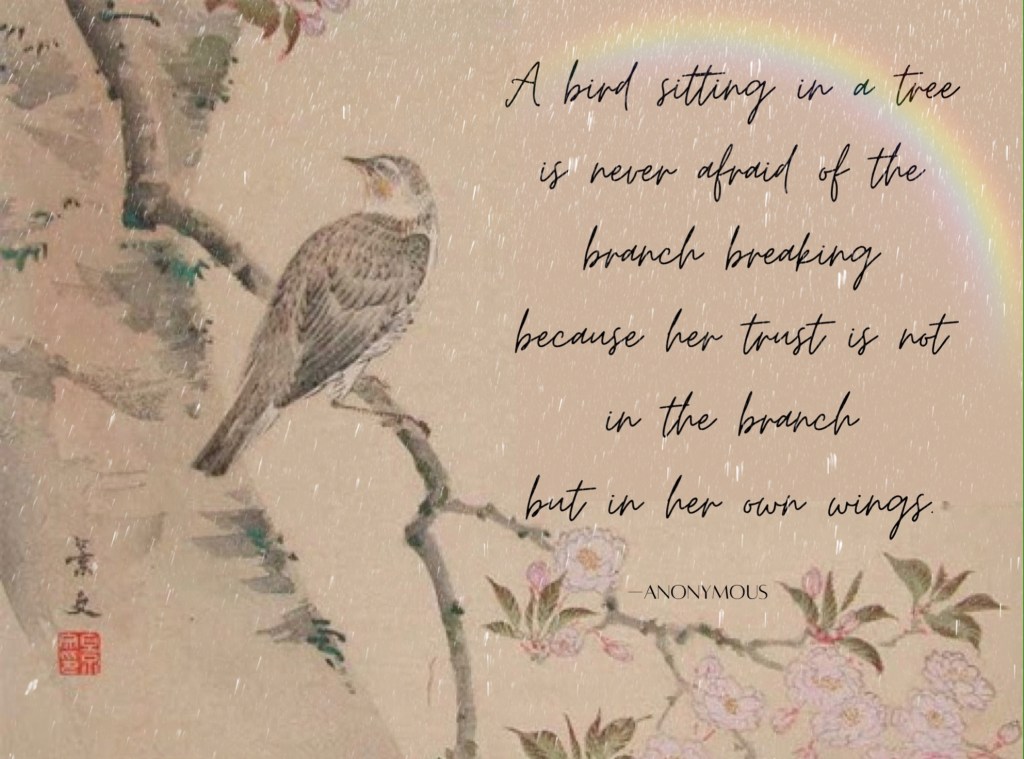
For Jennifer
It’s part of human nature to sometimes want to hold on to the past, cling to the “good old days” and resist the change that moves us forward. Especially when days past were very, very good and prospects for the future are less good!
I, for one, find myself clinging to the past with all my might, looking at my past life as a full and exciting one and viewing my present as being a bit of an empty wilderness. I chalk it up to aging and retirement, but this sense of emptiness, sadness, is really more than that. I think it’s more about my ability to accept myself for who I am, who I will become in the future and, most of all, what I truly need in order to be at peace with myself and my world.
Our worlds change all the time, and change brings with it the question all of us must answer: Who are you in relation to this world you are now in? If before retirement I was a nonprofit executive and an advocate for victims of violence and abuse, who am I in retirement? When I no longer have to adapt to the leadership roles I used to be a part of, what “self” might I discover in these days of new things? When I no longer have to adapt to the role of pastor, what “self” might I find myself to be when there is no congregation to care for?
According to Isaiah, my go-to Prophet, God advises us not to remember “the former things” or “the things of old.” Instead God apparently makes a provocative statement and asks an even more provocative question:
I am about to do a new thing;
now it springs forth.
Do you not perceive it?
Isaiah 43:18 NRSV
I definitely had not perceived it, that new thing! In fact, I have been languishing about losing my “former things” for the last six years, not able to make the most of my present and certainly unable to envision a bright future. It might surprise even those who know me best how deeply disconsolate I have felt at times. Six years of languishing is not a good way to live. I made a gallant effort to make the best of it, but these six years took a toll on me in most every way — physically, emotionally and spiritually. My closest friends have ridden out this storm with me, so they know what I’ve been dealing with in clinging so closely to my good past and not being able to live into a good present.
And what is this “new thing” that God speaks of? What does the way through the wilderness take me and where are the winding, refreshing rivers in the desert?
– KMF
Two weeks ago, one of those close friends gave me a passage of scripture printed on a piece of paper. I received it in quite a serendipitous way. Neither of us chose the passage (Isaiah 43:18-19). It ended up with me in a very random manner. But as it spoke of former things, old things and new things, it got my attention so completely that I pondered it several times a day for a week or so. I didn’t obsess over it or look up its context or attempt to exegete it. I simply pondered it in my heart in the quiet times.
This scripture is truly a lovely God-promise, filled with a gentle, healing grace. I appreciated it for that. I also appreciated it because its words gave me the gift of sacred pause. And in the sacred pauses it gave me, I realized that the crux of this matter is not not how I react to change or how I survive it. What I discovered is that this is not about what I can do or should do when my world changes. It’s about who I am when my world changes.
With that in mind, maybe every time my world changes, I will still be the person of deep faith that I have always been. Maybe I will greet “the new things” with gratefulness, knowing that God has made before me a way in the wilderness and has provided cool, rolling rivers in the desert. And even when my soul longs for days gone by, perhaps I will know that I will see God’s light on the path ahead of me, even in the dark, even through the wilderness, even as I feel the inevitable sorrow of letting go of all the former things I so deeply cherished. Even then, I will know that I do not walk alone.
Thanks be to God.









 My friend, Buddy Shurden, shared an experience he had while serving his first pastorate near Ethel. Mississippi. He tells of his frequent habit of calling on Early Steed to pray. He wrote that Mr. Early Steed always began his prayer the same way, every time.
My friend, Buddy Shurden, shared an experience he had while serving his first pastorate near Ethel. Mississippi. He tells of his frequent habit of calling on Early Steed to pray. He wrote that Mr. Early Steed always began his prayer the same way, every time. A heart can break so easily. Life is filled with heartbreaking things, and no person is immune to heartbreak. Hurt from one’s children, the loss of a loved one, a marriage rife with anger, abuse by a trusted person, betrayal by a lifelong friend — all of these can leave a heart crushed.
A heart can break so easily. Life is filled with heartbreaking things, and no person is immune to heartbreak. Hurt from one’s children, the loss of a loved one, a marriage rife with anger, abuse by a trusted person, betrayal by a lifelong friend — all of these can leave a heart crushed.
